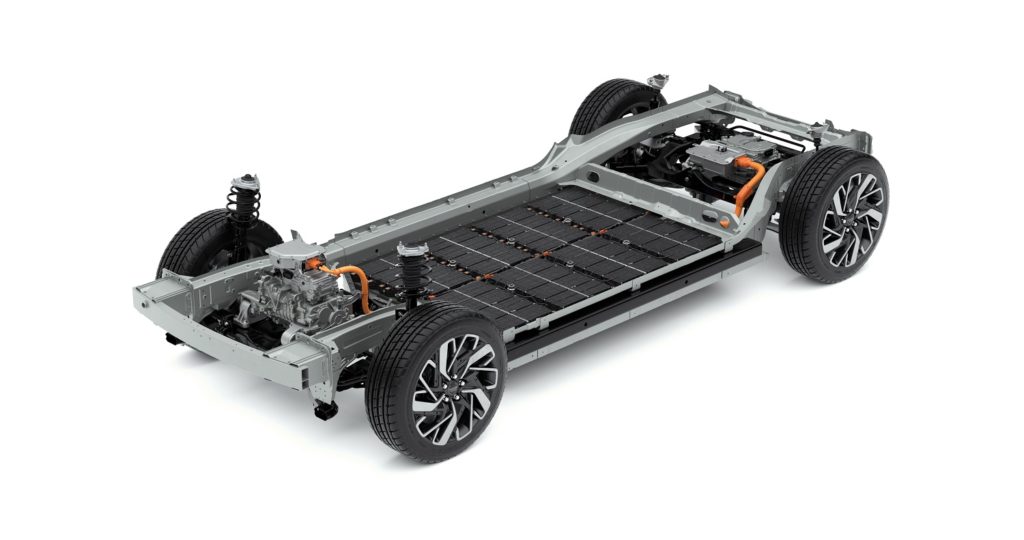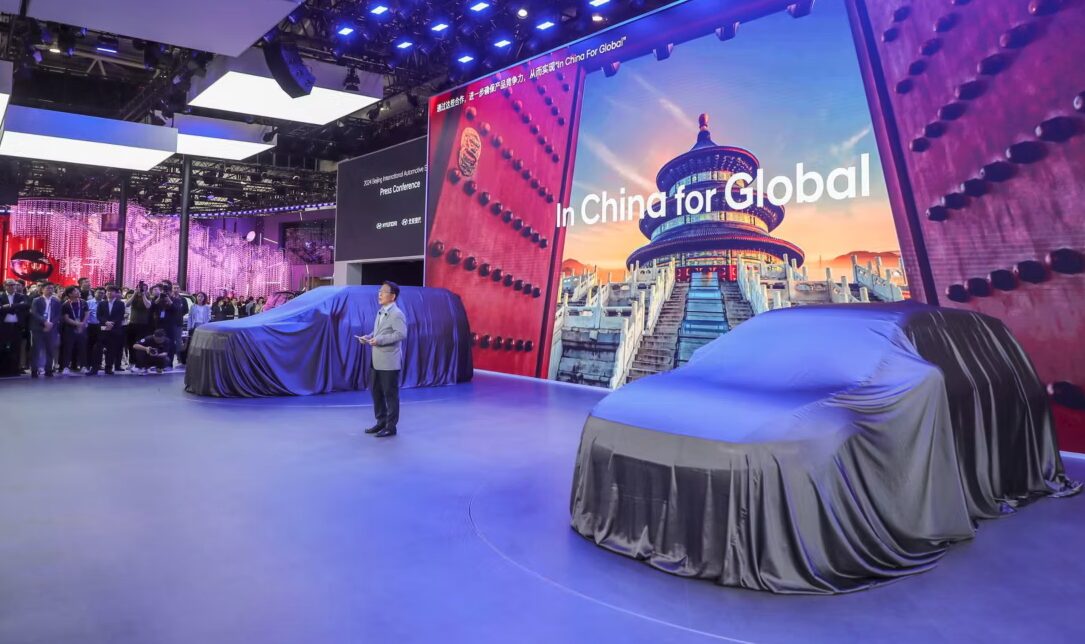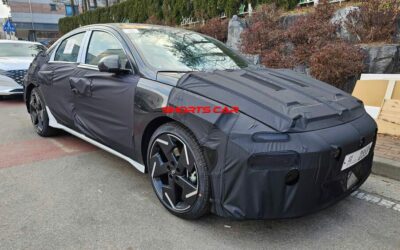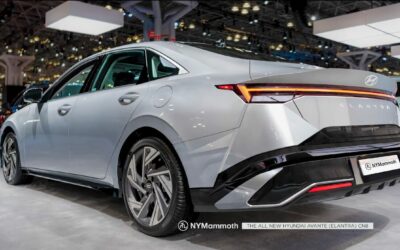Hyundai Motor, in collaboration with Chinese autonomous driving tech firm Haomo, is set to make a powerful debut in the Chinese EV market with an electric vehicle (EV) tailored specifically for Chinese consumers. Slated for release next year, this new EV model will feature generative AI technology aimed at enhancing driving autonomy and safety. This strategic partnership reflects Hyundai’s ambitions to capture market share in China, where the EV adoption rate is rapidly accelerating.
Hyundai’s Partnership with Haomo and Advanced AI Technology
In its latest venture, Hyundai is integrating Haomo’s autonomous driving software to power its upcoming EV model in China. Haomo, a leading Chinese firm in autonomous driving technology, is notable for developing the DriveGPT generative AI model, which draws inspiration from OpenAI’s ChatGPT. Launched in April of last year, DriveGPT continuously optimizes real-time decision-making in autonomous vehicles by learning from data on human driver interventions.
Hyundai aims to bring Level 2 to 2.5 autonomous driving capabilities to its upcoming EV. This range of autonomy allows the vehicle to control basic functions such as steering, acceleration, and braking, though it still requires human oversight. As the demand for smarter, safer EVs grows, the inclusion of Haomo’s generative AI could position Hyundai to compete effectively in the tech-driven Chinese EV market.
Understanding Level 2 Autonomous Driving
Autonomous driving technology is rated on a scale from 0 to 5, with Level 2 representing partial driving automation. Hyundai’s Level 2 vehicle, like Tesla’s Autopilot, will handle some basic functions, enabling the car to steer, accelerate, and decelerate autonomously. However, human drivers are required to remain alert and ready to take control as needed.
Level 3 autonomy, a step up, allows the vehicle to make decisions like overtaking slower cars without human intervention. Yet, Level 3 still demands the ability for human override in complex driving scenarios. Hyundai’s venture with Haomo targets Level 2-2.5 automation, leveraging generative AI to bridge the gap between today’s partially autonomous vehicles and the fully autonomous cars of the future.

China’s Burgeoning EV Market and Hyundai’s Strategic Entry
China has emerged as a leader in EV adoption, with electric vehicles comprising 37% of all new car sales last year. This percentage is expected to exceed 50% by the end of this year, marking a significant shift toward sustainable transportation. This booming EV demand presents both opportunities and challenges for Hyundai as it strives to establish a foothold in a market led by domestic giants like BYD.
BYD, a key competitor and one of China’s largest EV manufacturers, held a 33.8% market share in 2022, surpassing Tesla’s 7.5%. The dominance of local brands such as BYD underscores the importance for Hyundai to differentiate its products in this competitive landscape. Hyundai’s partnership with Beijing Motor to establish a joint EV brand exclusively for China, along with plans to launch up to five EV models in China by 2026, reflects a strong commitment to adapting to the Chinese market’s unique demands.
Haomo’s DriveGPT: A Generative AI for Smarter Autonomous Vehicles
Haomo’s DriveGPT, a generative AI system, has been deployed in approximately 20 different vehicle models and is designed to enhance the real-time decision-making abilities of autonomous vehicles. DriveGPT continuously learns from instances where human drivers take control of the vehicle, making it a critical tool in improving AI performance and safety in autonomous driving systems.
Haomo’s success has drawn significant investor interest; the company raised $14 million in Series B funding earlier this year to support its development initiatives. By partnering with Haomo, Hyundai aims to harness DriveGPT’s potential to provide Chinese consumers with a smarter, safer EV experience that aligns with local driving behaviors and regulatory standards.
Hyundai’s Ambitious EV Plans for China
Despite Hyundai’s limited success in the Chinese EV market to date, the automaker is focusing on building a localized presence in China through strategic alliances and a robust lineup of EV offerings. In June of last year, Hyundai announced plans to launch up to five new EV models in China by 2026, reinforcing its commitment to long-term growth in the world’s largest EV market.
The Hyundai-Haomo partnership is a strategic step toward realizing this vision, aligning Hyundai with China’s rapid EV adoption and technological advancements in autonomous driving. This collaboration not only introduces Hyundai to a competitive market but also potentially reshapes consumer expectations for EVs by integrating cutting-edge AI technology directly into vehicle design.
Conclusion
Hyundai Motor’s collaboration with Haomo signifies a pivotal moment in its efforts to penetrate the Chinese EV market. By equipping its China-exclusive EV model with Haomo’s advanced DriveGPT AI technology, Hyundai is poised to deliver a vehicle that meets the growing demand for smarter, partially autonomous driving solutions.






